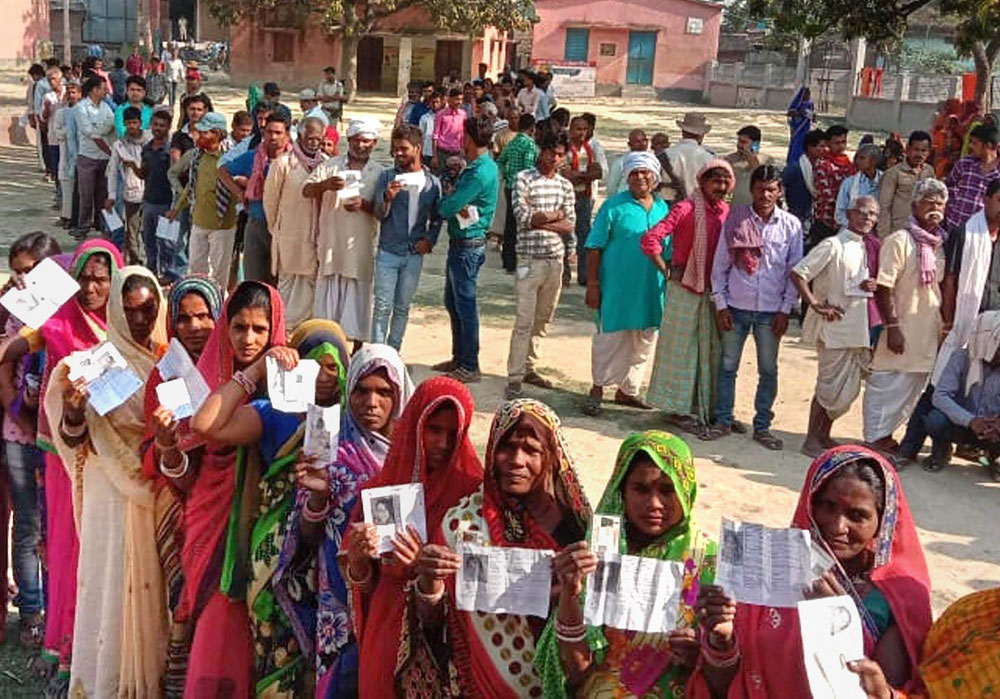
World Human Rights Organization

World Human Rights Organization

The right to participate in government and elections is a fundamental democratic principle that allows citizens to have a say in how their country is governed and who represents them in decision-making processes. This right is crucial for ensuring that governance is based on the consent of the governed, and it empowers citizens to exercise their political rights and responsibilities.
Key aspects of the right to participate in government and elections include:
Universal Suffrage: This means that all eligible citizens, regardless of their race, gender, religion, or socioeconomic status, have the right to vote and be elected. Universal suffrage ensures that every citizen's voice is equal and that everyone has an opportunity to participate in the electoral process.
Free and Fair Elections: Elections should be conducted in a manner that is free from coercion, fraud, or any other forms of manipulation. It is essential that the electoral process is transparent and fair, allowing all candidates and political parties to compete on an even playing field.
Political Representation: The right to participate also includes the right to be represented in government. Elected officials serve as representatives of the people's interests and are accountable to their constituents.
Freedom of Political Association and Expression: Citizens must have the freedom to associate with political parties or groups of their choice and express their political views without fear of persecution or discrimination.
Access to Information: Informed participation is crucial for a functioning democracy. Citizens should have access to accurate and unbiased information about candidates, parties, and policy proposals, enabling them to make informed decisions during elections.
Regular and Periodic Elections: Democracies typically hold elections on a regular basis, such as every few years, to ensure that people have the opportunity to hold their representatives accountable and express their preferences regularly.
Voter Education and Registration: Governments should provide voter education programs to help citizens understand the electoral process and their rights. Additionally, easy and accessible voter registration procedures are essential to ensure that eligible citizens can participate in elections.
Protection of Voting Rights: Governments must protect citizens' voting rights and ensure that there are no barriers preventing eligible individuals from casting their votes.
The right to participate in government and elections is enshrined in various international human rights instruments, such as the Universal Declaration of Human Rights and the International Covenant on Civil and Political Rights. It is a foundational element of democracy and plays a vital role in shaping the political landscape of a nation.